Search Results
Showing results 41 to 60 of 71
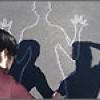
Changing Shadows
Source Institutions
In this sunny day, outdoor activity, learners observe changes in shadows over time. The activity also helps to develop a sense of the Earth's motion.

Crew Strength Training
Source Institutions
In this activity, learners will train to develop upper and lower body strength in their muscles and bones by performing body-weight squats and push-ups.
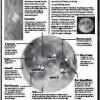
Observing the Moon
Source Institutions
Use this Moon Map Guide to help learners identify features on the Moon, while looking through a telescope.

Investigating Ice Worlds
Source Institutions
In this activity about the solar system, learners use various light sources to examine ice with different components to understand how NASA studies planets and moons from space.

Launch Altitude Tracker
Source Institutions
In this activity, learners construct hand-held altitude trackers. The device is a sighting tube with a marked water level that permits measurement of the inclination of the tube.
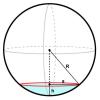
Mass, Area, Volume
Source Institutions
In this activity (page 18 of PDF), learners will measure the volume of impact craters created by projectiles of different masses.
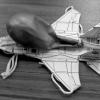
Vectoring: Steering a Plane
Source Institutions
In this two part activity, learners work in pairs or individually to discover how vectoring the thrust from a jet engine affects movement of an airplane.

Do a Spacewalk!
Source Institutions
In this activity, learners train to increase muscular strength and improve upper and lower body coordination by performing the “bear crawl” and the "crab walk.” Learners perform the exercises over tim
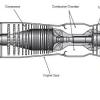
Jet Propulsion
Source Institutions
In this two-part activity, learners work in pairs to examine the four basic stages of a turbine engine.
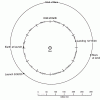
Getting There!: Navigation and Trajectory
Source Institutions
In this two-part activity, learners map a navigation plan to get from Earth to Mars and back. In activity one, learners represent the orbital paths of Earth through dance and dramatic movement.
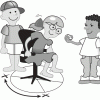
Vestibular-Ocular Reflex
Source Institutions
In this activity, learners will perform various investigations to understand the vestibular-ocular reflex and learn about the importance of visual cues in maintaining balance.
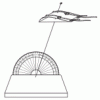
Airfoils
Source Institutions
In this experiment, learners discover how an airfoil creates lift. Learners use simple materials to build an airfoil and test it at different angles to investigate Bernoulli's principle.

Bernoulli and More Bernoulli
Source Institutions
This lesson guide includes six simple and quick activities to help learners better understand Bernoulli's Principle.
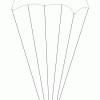
The Parachuting Egg
Source Institutions
In this activity, learners work in groups to design a parachute out of household items that keeps an egg secure when dropped from a certain height.
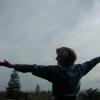
Standing in the Shadow of Earth
Source Institutions
This fun and simple hands-on astronomy activity demonstrates the shadow of the Earth as it rises as a dark blue shadow above the eastern horizon.
Bag of Bones
Source Institutions
In this activity, learners will use cereal to conduct an experiment and investigate how decreased bone density is related to increased risk of bone fracture.

Do the Mystery Samples Contain Life?
Source Institutions
In this activity (on pages 13-16 of the PDF) learners investigate three mystery samples to see which one contains life. The three samples are sand, sand and yeast, and sand and antacid.
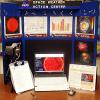
Space Weather Action Center
Source Institutions
In this interdisciplinary activity, learners create a Space Weather Action Center (SWAC) to monitor solar storms and develop real SWAC news reports.
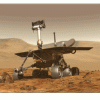
Design a Lunar Rover!
Source Institutions
In this team design challenge (page 2-10 of PDF), learners design and build a model of a Lunar Transport Rover that will carry equipment and people on the surface of the Moon.
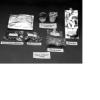
Ripening of Fruits and Vegetables
Source Institutions
In this activity, learners test the rate of ripening fruit and vegetables and use a chemical to inhibit the ripening process.
